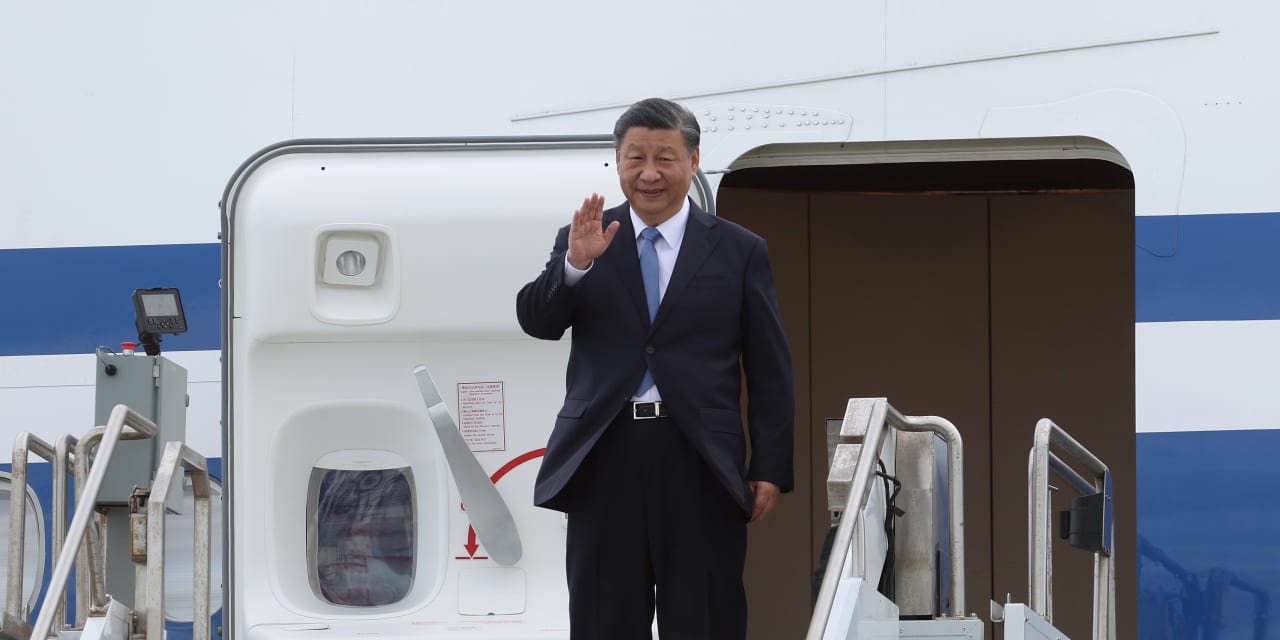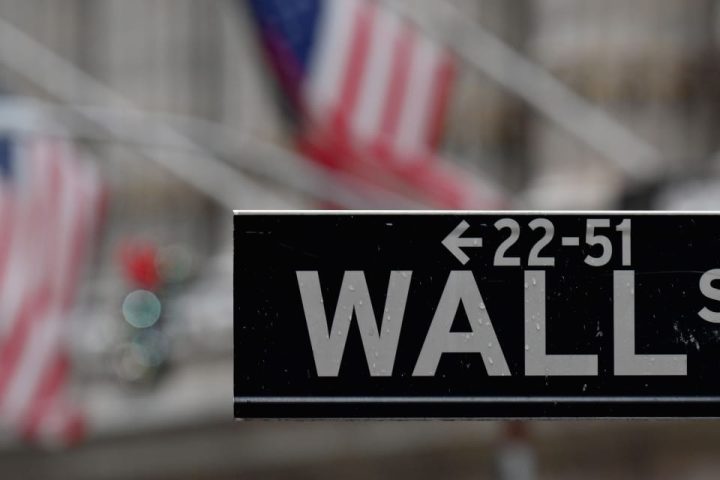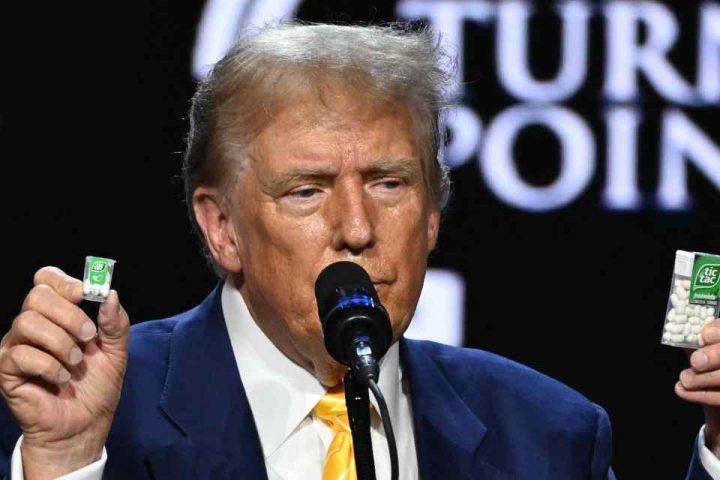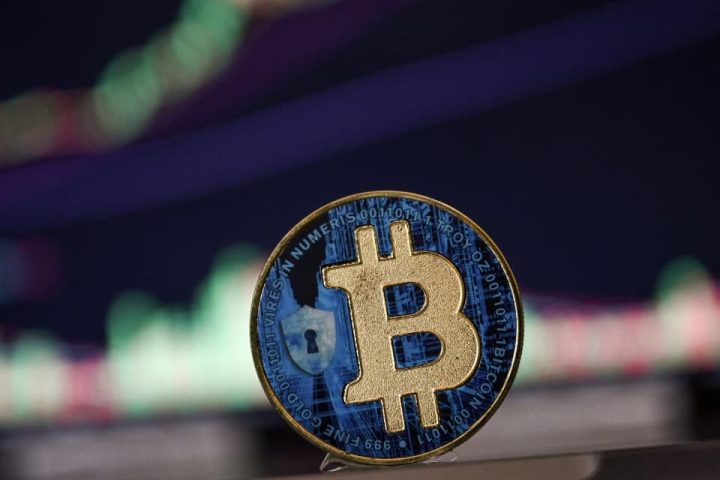President Joe Biden will meet with his Chinese counterpart Xi Jinping near San Francisco Wednesday, and hanging over the summit is the threat of war over the island of Taiwan, a conflict that would likely cripple the world economy and plunge the U.S. and its allies into a devastating global conflict.
Experts are divided on how Biden can best avoid such an outcome, but there is a consensus that a war with China would be extremely costly in economic, political and human terms. China has long seen self-ruled Taiwan as a breakaway province.
Also read: Biden says his goal for Xi meeting is to get U.S.-China communications back to normal
“The U.S. Air Force and Navy would have to operate in an environment unlike anything they’ve seen since World War II,” said Mark Cancian, a former Marine Corps colonel, Defense Department official and senior adviser at the Center for Strategic and International Studies.
Earlier this year, Cancian led a wargame simulation of what would happen if China attempted an amphibious invasion of Taiwan and found that if the U.S. intervened to defend the island, it would likely lead to the loss of dozens of ships, hundreds of aircraft and 15,000 U.S. casualties in just the first month of the war.
Other experts argue that this is too optimistic a scenario. Lyle Goldstein, director of the Asia Engagement program at the think tank Defense Priorities, criticized the war game in a recent panel discussion as too optimistic in its estimate of the forces China would bring to bear in a Taiwan invasion, arguing that the Chinese would use their coast guard and merchant marine as well as military vessels to invade the island.
“The idea that we would have anywhere near the munitions to sink tens of thousands of ships that would be involved is a major fallacy,” he said, adding that a war with China would make the conflicts in Ukraine and Gaza “look like small brushfires.”
Biden and Xi last met about a year ago in Indonesia, and the U.S. leader at the time told his Chinese counterpart that he objected to China’s “coercive and increasingly aggressive actions” toward Taiwan. Speaking with reporters on Nov. 9, a senior Biden administration official said the U.S. is concerned about “a ramping up of military activities around Taiwan in ways that are unprecedented, that are dangerous, that are provocative.”
Now see: Taiwan says more than 100 Chinese warplanes flew toward the island in past day
Economic fallout
The CSIS report underscores the damage that U.S. armed forces and those of its allies would suffer in a war with China, but the economic fallout would also have a profound affect on Americans at home.
“It’s almost hard to calculate the just how bad a Chinese invasion of Taiwan would be economically,” said Zack Cooper, a senior fellow at the American Enterprise Institute and former National Security Council official under President George W. Bush.
Barron’s: China’s clout undimmed as U.S. companies line up to meet Xi Jinping. Why it’s a two-way street.
He noted that because of Taiwan’s central importance in the supply chain for advanced semiconductors
SMH,
it could grind to a halt markets for advanced electronic devices as well as consumer goods like automobiles that increasingly rely on computer chips.
“I think we’d be looking at a global financial crash that’s more in line with what we’ve seen in World War I and World War II than anything we’ve seen recently,” he said.
Market observers have latched onto the idea that China’s recent economic woes make it less likely that it will behave aggressively on the global stage.
“If Chinese consumers have been spooked by COVID lockdowns and a cascading property collapse, imagine how an escalating confrontation might shatter their outlook,” wrote Christopher Smart, managing partner at Arbroath Group, in a recent note.
But some U.S. policymakers disagree, including Republican Rep. Mike Gallagher of Wisconsin, chairman of the House select committee on competition with China, who said at a recent event that it’s “plausible that as China confronts serious economic and demographic issues, Xi Jinping could get more risk accepting, and could get less predictable and do something very stupid.”
Biden’s task
The foreign policy community in Washington is divided over what the best strategy for deterring a Chinese invasion, with some emphasizing restraint and others the need to show strength in the face of a progressively belligerent Xi Jinping.
“Taiwan is increasingly discussed as being a critical strategic location for the United States that it must defend and can’t allow to fall to China because it will have a domino effect across the region,” said Michael Swaine, a China expert and senior research fellow at the Quincy Institute for Responsible Statecraft.
He added that this is a departure from the stance the U.S. adopted in 1979 when it established official relations with the People’s Republic of China, which was that it does not seek Taiwanese independence and would not stand in the way of a peaceful reunification.
Biden has underscored this drift with several statements in recent years that the U.S. would defend Taiwan if China were to try to take it by force, a change from the so-called strategic ambiguity that has guided U.S. policy in the past.
Swain argues that the Biden administration must do more to foster communication with China on a broad set of issues and take seriously Chinese concerns that the U.S. alliance system in Asia is seeking to contain Chinese growth with military means.
Others argue that Xi Jinping is a rational actor and U.S. efforts to foster alliances in the region are necessary to show China that a Taiwanese invasion would be costly and potentially threaten the Chinese Communist Party’s rule.
“There’s a big difference between Xi Jinping and Vladimir Putin,” AEI’s Cooper said. “Most experts don’t see Xi as a risk taker, and we need to be doing everything we can to have the deterrence capability to convince him not to start a conflict.”
The summit
It’s unlikely that the public will will see evidence from Wednesday’s meeting of thawing tensions over the Taiwan issue, as the two sides have already said there will be no joint statement issued, Swaine of the Quincy Institute said.
“They will repeat their talking points on Taiwan and move on,” he said. “But it’s possible we could see them state very clearly their commitment to resuming a crisis communication dialogue” between each country’s militaries, which was cut off following former House Speaker Nancy Pelosi’s visit to Taiwan last year.
Cooper of AEI said that the reason for the meeting isn’t concrete deliverables, but mutual understanding that can result from a leader-to-leader dialogue.
“The real value of the Xi meeting is the administration’s ability to interact with him directly and try to understand better how he’s thinking, what information he’s getting,” he said. “It’s not something you’ll see in a statement, it will be done behind closed doors and judging the aftermath will be difficult.”
Read the full article here







